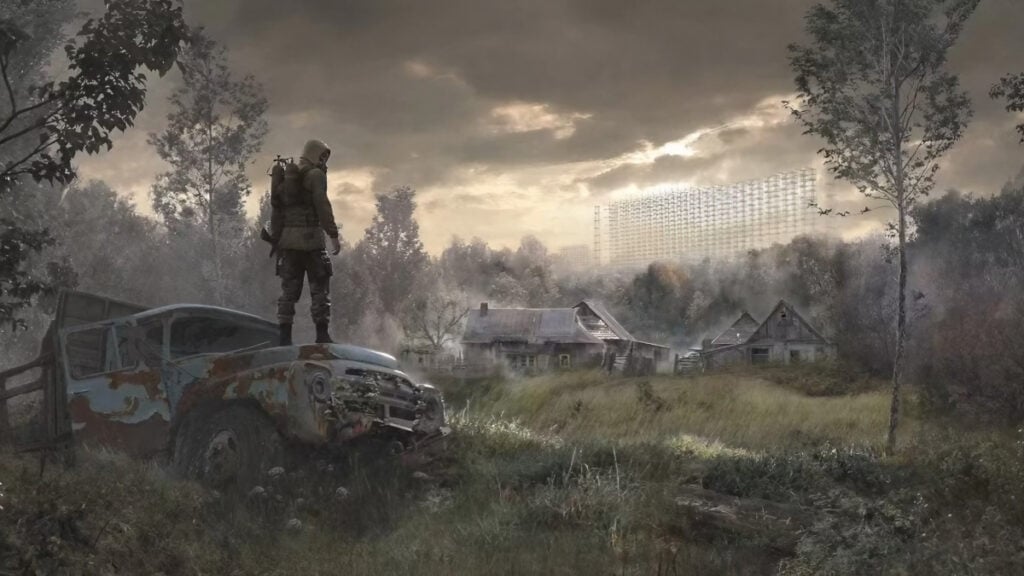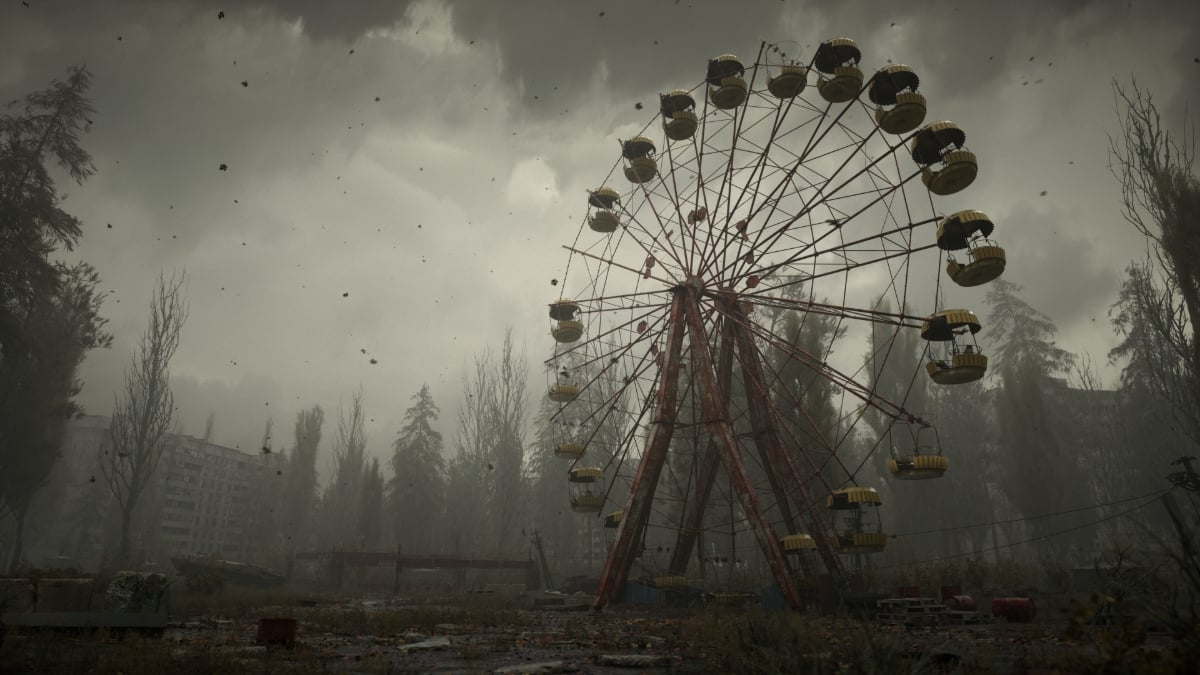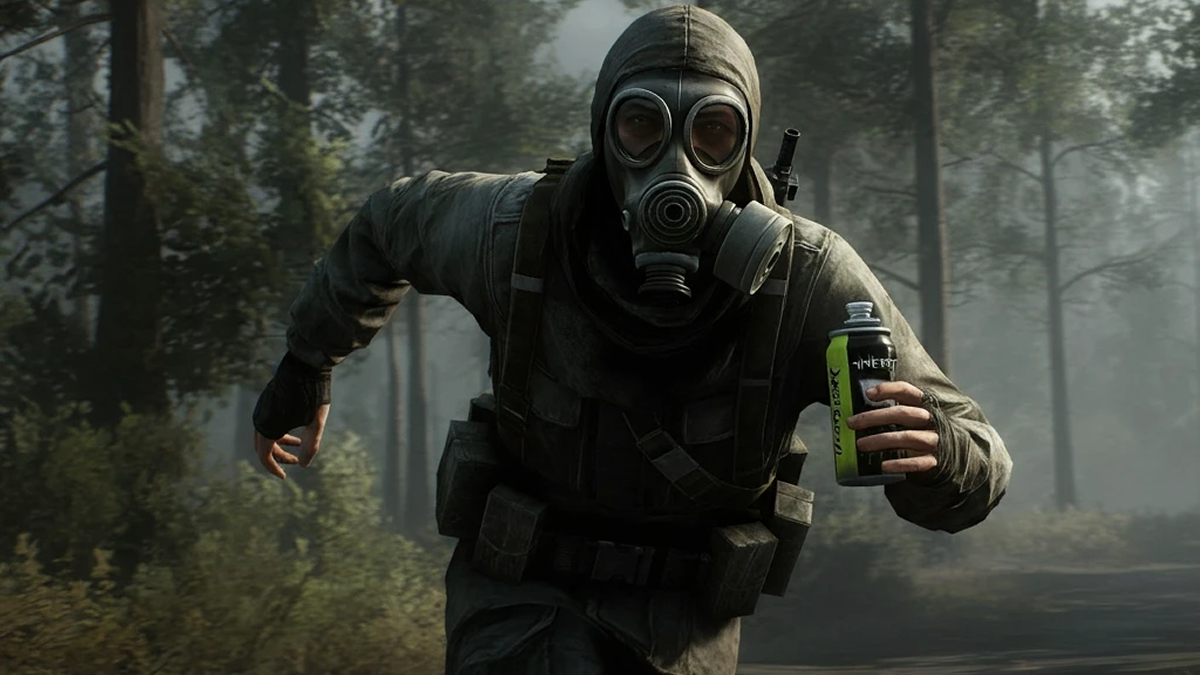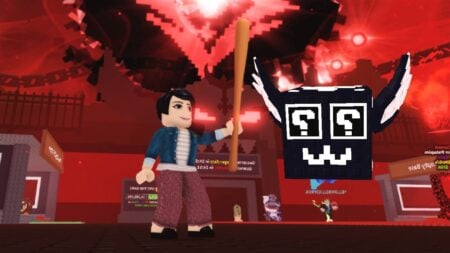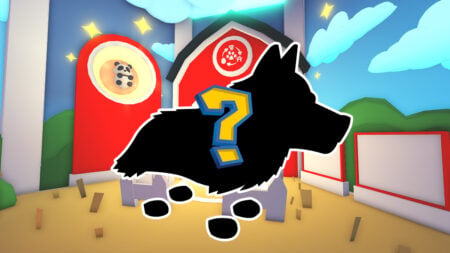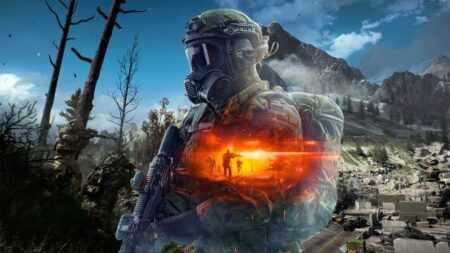Most video games task you with the power fantasy of saving the world, saving a princess, saving a child (who will then save the world), or plain revenge through the main character. Stalker 2 had a more refreshing take on the main character, Skif. Skif doesn’t care about the world, altruism, or getting even. Skif only wants an apartment– a place to call home after his previous dwelling was smashed by a falling magical radioactive debris. As a millennial, I found Skif’s motivation and goal in Stalker 2 more relatable.
Upon further delving into Stalker 2‘s storyline, I’d wager that Skif’s further circumstances grow even more parallel to the current struggles of millennials. Even the younger generations are not exempt from such struggles.
So Skif, now homeless, must wade through the irradiated muck and the hardships of the Chornobyl Exclusion Zone, risking his life and health. All so he can afford one blasted apartment (and all the stuff he held dear inside it, of course). It’s a bleak motivation even for Stalker 2.
No other game has made my generation and younger generations so pragmatically recognized. It’s sadly a common problem among yuppies and younger people alike. The rising costs of housing and even rent have made the most basic human need of shelter nigh-unattainable. Some have to resort to working several jobs and sacrificing their health to meet rent or mortgages.
Stalker 2‘s take on the matter is refreshingly bittersweet, it’s almost comical and parodical. Skif’s idea of getting the only thing he had and held dear to him– a mere basic apartment, is to basically gamble what’s left of him. And this is where the Zone’s metaphors and symbolisms kicked me in the head.
The Zone Giveth, the Zone Taketh Away
As I was walking to a two-kilometer destination at a snail’s pace in Stalker 2 following a mission icon, I had to pause and question myself why I kept doing this as Skif? And then reality comes rearing its grinning head to remind me that ‘oh right, life’s hard’. Life is the Zone now; perhaps if I keep risking more, I can finally meet that material goal.
The Zone, being a cruel analog for life itself (at least the way I see it), took away Skif’s home by crashing a mini-meteor on it. All the while it keeps dangling the promise of a new home or something to call your own. It keeps you focused and addicted while you toil for the solution to the problem it created.
Eventually, you lose sight of your unattainable goal as the swamps of the Zone become your new apartment. The anomalies and contraband NATO guns are your new collection instead of the couch’s comfort. The grind and the danger are now your life. Tragedy becomes comedy, or is it the other way around?
And even though all of that is awkwardly presented through Eurojank moments and a buggy mess that rivals Bethesda RPGs, it’s hard to deny the Zone’s charm in Stalker 2. I’m not even sure if Skif’s motivation in Stalker 2‘s is a cautionary tale about sacrificing oneself for material gain or a journey of resilience about making the most out of life’s misfortunes.
Still, it’s a far more understandable and less pretentious plot than most video games’ pseudo-altruism. Stalker 2 at least understands that not all of us want to be heroes; most of us just want to find a home.

